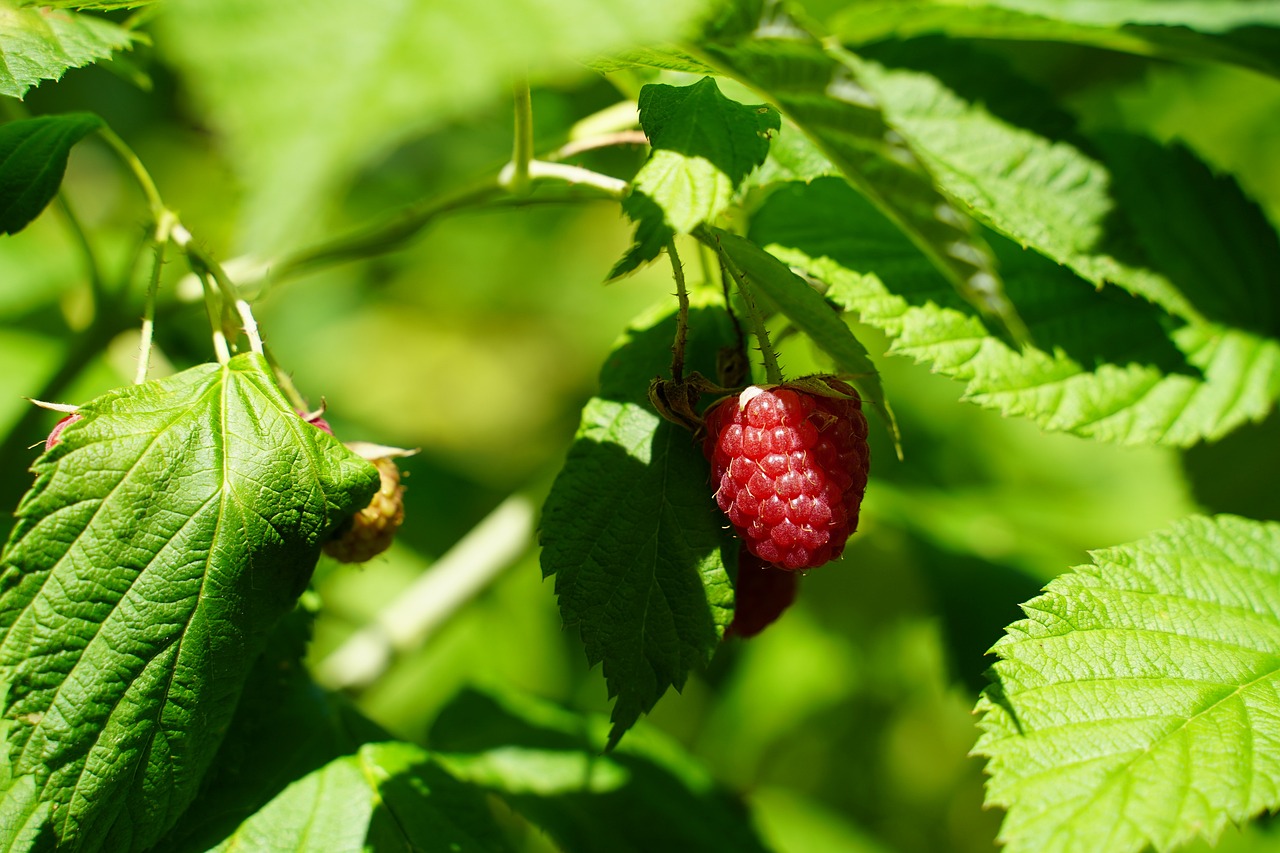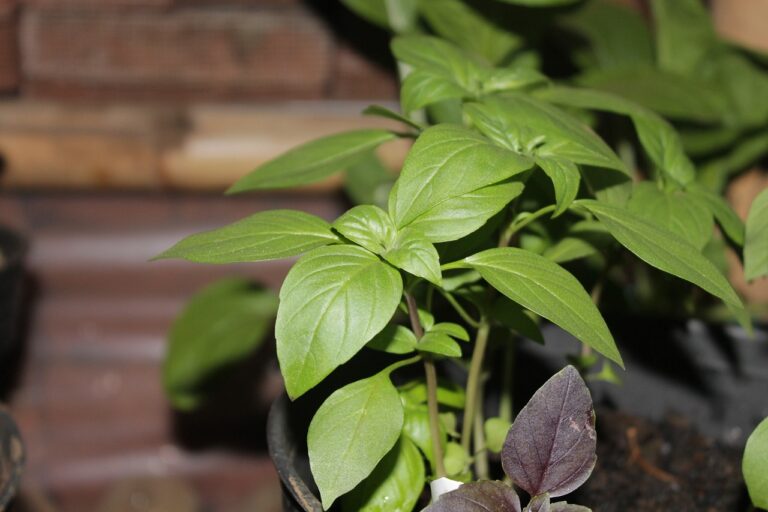The Benefits of Community Gardens for Public Health: Bet bhai login, Radheexch, Lotus365
bet bhai login, radheexch, lotus365: Community gardens have long been recognized as valuable assets for neighborhoods and cities alike. These shared green spaces offer a wide array of benefits, not just for the environment, but also for public health. In this article, we will explore the various ways in which community gardens contribute to improving the health and well-being of individuals and communities.
Promoting Physical Activity
One of the most obvious benefits of community gardens for public health is promoting physical activity. Gardening involves tasks such as digging, planting, weeding, watering, and harvesting, all of which require physical exertion. Engaging in these activities on a regular basis can help individuals stay active and fit, reducing the risk of obesity and other chronic health conditions.
Improving Nutrition
Community gardens provide access to fresh, locally grown produce, which is often more nutritious than store-bought fruits and vegetables. By growing their own food, community gardeners can ensure that they are consuming a diet rich in vitamins, minerals, and antioxidants. This can help prevent malnutrition and reduce the risk of diet-related diseases such as diabetes, heart disease, and cancer.
Reducing Stress
Spending time in nature has been shown to have a calming effect on the mind and body. Community gardens offer a peaceful retreat from the hustle and bustle of urban life, allowing individuals to relax and unwind in a natural setting. Gardening can be a form of therapy for those dealing with stress, anxiety, or depression, providing a sense of accomplishment and purpose.
Building Social Connections
Community gardens bring people together, fostering a sense of belonging and social connection. Gardening is a collaborative activity that encourages cooperation and communication among participants. By working together to maintain the garden, individuals can develop meaningful relationships and support networks within their community. This sense of community belonging can have a positive impact on mental health and overall well-being.
Educating and Empowering
Community gardens serve as educational tools for teaching individuals about gardening, nutrition, and environmental sustainability. Gardening workshops and classes held in community gardens can empower participants with knowledge and skills that they can use to make healthier choices for themselves and their families. Learning to grow food also promotes a greater appreciation for the environment and a deeper connection to the earth.
Supporting Environmental Sustainability
Community gardens contribute to environmental sustainability by promoting organic gardening practices, reducing food miles, and conserving green spaces in urban areas. Growing food locally helps decrease the carbon footprint associated with transporting and packaging food products. Community gardens also provide habitat for beneficial insects and wildlife, promoting biodiversity and ecological balance.
In conclusion, community gardens offer a myriad of benefits for public health, from promoting physical activity and nutrition to reducing stress and building social connections. By supporting and investing in community gardening initiatives, cities and neighborhoods can create healthier, more vibrant communities for all residents to enjoy. So whether you are a seasoned gardener or a novice, consider getting involved in a community garden near you and reap the many rewards it has to offer!
FAQs:
1. How can I get involved in a community garden?
To get involved in a community garden, you can start by reaching out to local gardening groups, nonprofits, or community centers in your area. They can provide information on existing community gardens and how you can join or start your own.
2. Do I need prior gardening experience to participate in a community garden?
No prior gardening experience is necessary to participate in a community garden. Most community gardens welcome individuals of all skill levels and provide opportunities for learning and support from experienced gardeners.
3. Are community gardens open to everyone?
Yes, community gardens are open to everyone in the community, regardless of age, background, or gardening experience. They are inclusive spaces that promote diversity and unity among participants.







